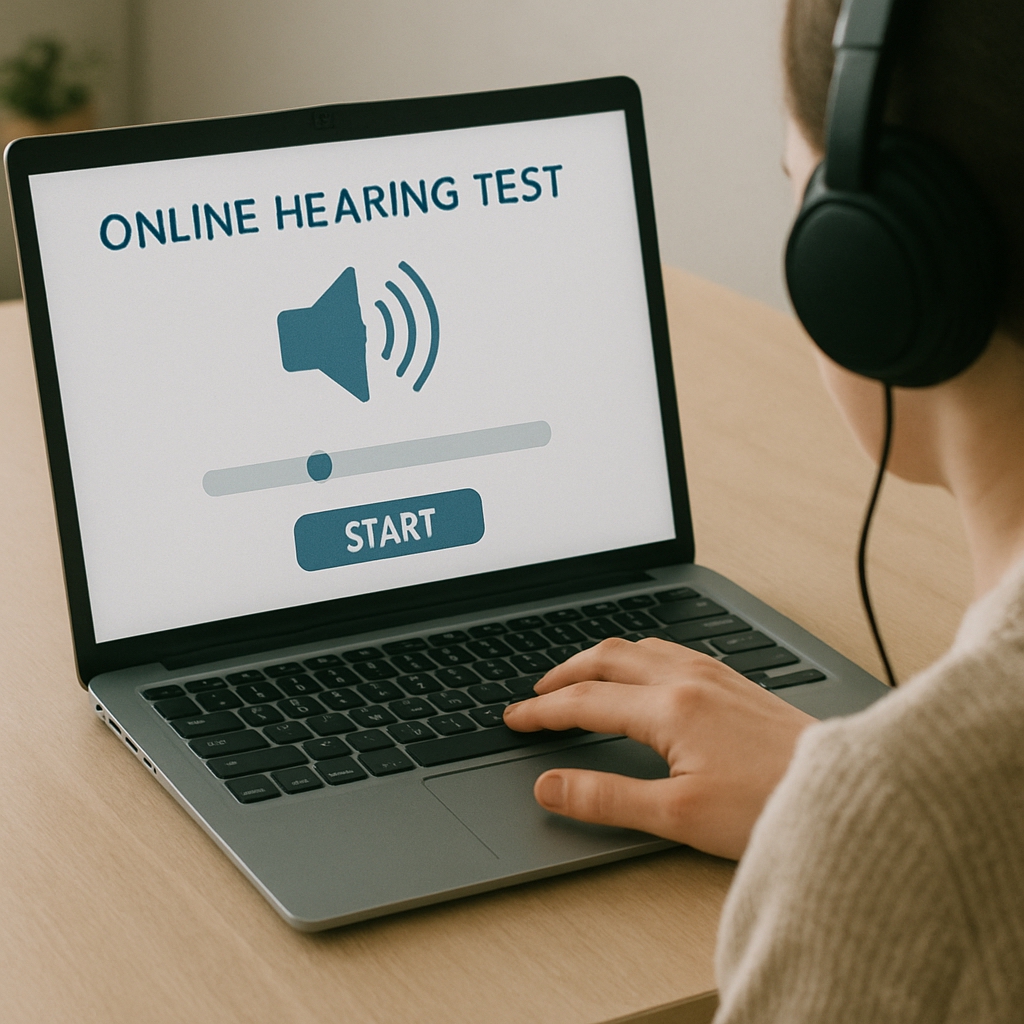Increased Risk of Psychosis with Hearing Loss

Hearing Loss Could Lead to an Increased Risk of Psychosis
Struggling with hearing loss is no walk in the park, but a new study reveals a dark underside to untreated hearing loss. Losing your hearing is not just about losing access to some of the sounds around you. It's a deeply psychological experience that can lead to distressing emotional, mental, and physical outcomes.
What Happens When You Lose Your Hearing
When you can't hear, you are not just dealing with hearing loss, but with a host of other concerns as well. You may become withdrawn from your social support, since you can't fully participate in conversations with family and friends, due to difficulties with speech recognition. It's common for those with hearing loss to stop going out to meet with friends since they are embarrassed that they cannot understand the conversations happening around them. They don't engage in discussion, or feel like they say the wrong thing because they didn't understand the question. This leads to isolation, and feelings of hopelessness and loneliness. This can often lead to anxiety and depression, reduced activity, and worse health outcomes.
What is Psychosis?
Recently, several studies have shown that hearing loss is a risk factor for psychosis. What is psychosis? Psychosis is a severe mental disorder where a person loses touch with reality, and can't tell what is real and what is not. Both emotions and thought patterns are affected, and hallucinations (hearing, seeing and feeling things that aren't really there), delusions (strongly believing something that isn't true), and delirium are common. Losing contact with the real world can be absolutely terrifying, both for the person experiencing the psychosis, and for those close to them. Someone struggling with psychosis experiences changes in their thoughts, beliefs, and behaviors. Having hallucinations and delusions feels very real, and is often distressing and frightening.
Potential Connection Between Hearing Loss and Psychosis
So how are hearing loss and psychosis related? In a recent article published in the Neuroscience & Biobehavioral Reviews Journal, researchers from the University Medical Center Utrecht in the Netherlands suggest that untreated hearing loss is associated with feelings of loneliness as well as long term reduced cognitive abilities. This links hearing loss to many mental illnesses. Particularly, those with hearing loss are at higher risk of developing psychosis or even schizophrenia than people without hearing loss.
While researchers do not conclude that hearing loss causes psychosis, they did find that untreated hearing loss greatly increases the risk of hallucinations, delusions, delirium, and other psychological disturbances. With hearing loss, auditory hallucinations are common. Do you ever think you hear something that isn't there? You think the telephone is ringing or the doorbell sounds, but there's no one at the door? These are auditory hallucinations, and can lead to other hallucinations such as irregular sounds, music, or even hearing voices. For children or teens, untreated hearing loss leaves them at high risk of developing schizophrenia later in life.
Benefits of Treating Hearing Loss
While people of all ages and all states of health and sickness can develop psychosis, living with untreated hearing loss puts you at a higher risk for developing psychosis and losing touch with reality. The best thing you can do for yourself and your loved ones is to treat your hearing loss early. Get your hearing tested! The average American waits 5 to 7 years before getting fitted for hearing aids. During this time, hearing deteriorates and you may experience many different changes in your health and well-being. Early assessment and treatment is the key. The longer you wait, the more at risk you are for suffering depression or impaired cognitive function. You have potentially higher risk of developing conditions such as dementia or even psychosis or schizophrenia.
Come visit us at Atlanta Hearing Doctor today to treat your hearing loss, and take charge of your mental, emotional, and physical health!
Send us a message
Feel free to reach out to us for any questions you may have or to schedule an appointment. Our team is here to provide you with the support and information you need. We look forward to assisting you!
Email us
Give us a call





